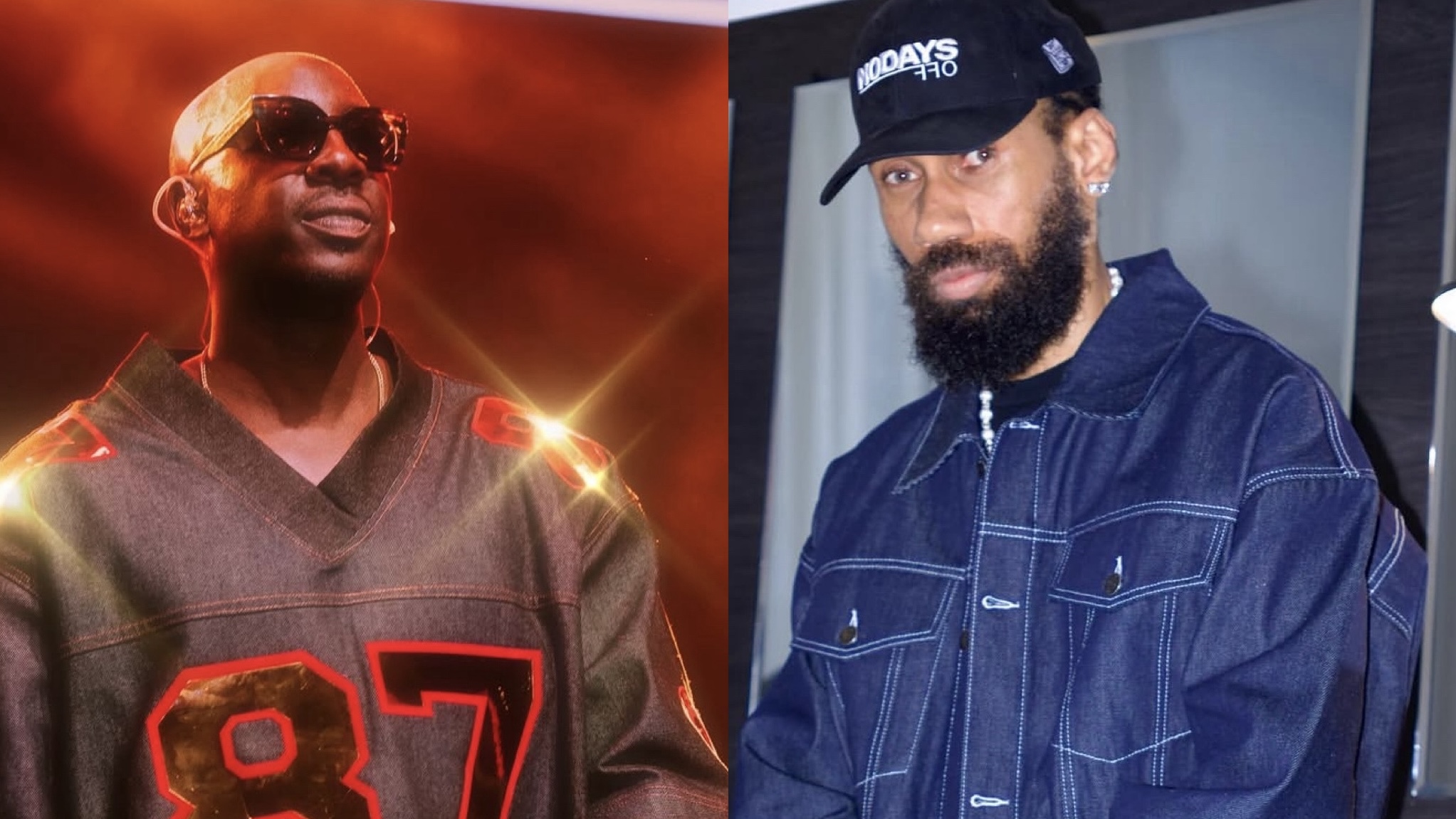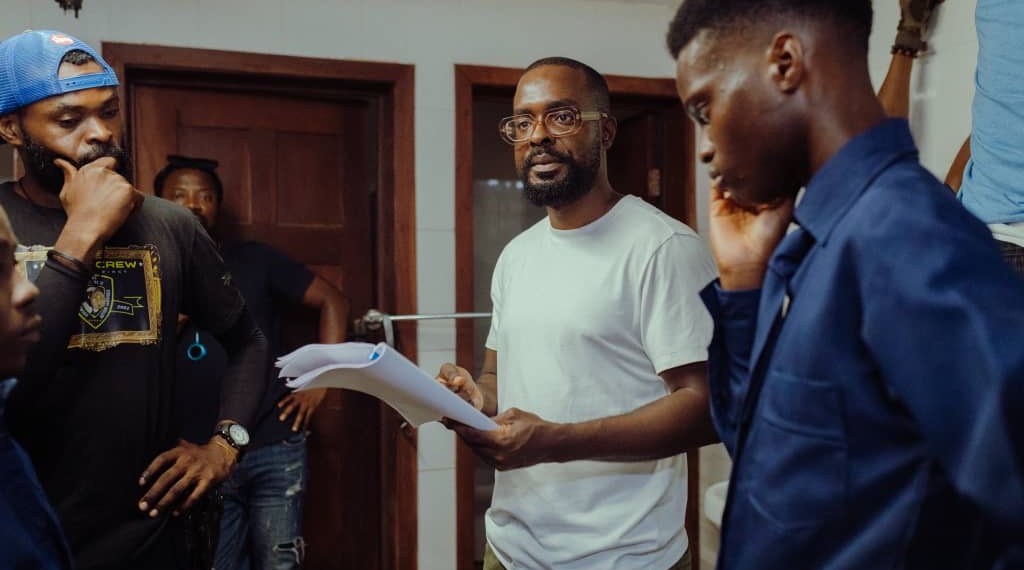In a move that’s sent shockwaves across Cameroon and much of Africa, Brenda Biya—the only daughter of Cameroon’s longstanding President Paul Biya—has publicly called on citizens not to re-elect her father in the upcoming presidential election. This bold declaration, made less than a month before one of the most consequential polls in Cameroonian history, has ignited passionate debates from Lagos to Accra, raising questions about family loyalty, generational change, and the future of leadership on the continent.
The message, delivered through a candid video posted to Brenda’s social media accounts, was direct and personal. The 27-year-old, known as much for her digital presence as for her status as a member of Cameroon’s “first family,” announced that she now distances herself from the presidency and would no longer accept any financial support from her parents. According to Brenda, “I no longer identify with the presidential family. I am choosing to stand with the people.” This self-imposed separation marks a rare move in a country where public dissent, especially from those with such direct ties to power, is highly unusual and risky.
The rift within her influential family was further exposed when Brenda aired allegations of mistreatment, stating that her uncle, who also serves as director of the civil cabinet for her father, had allegedly wished for her death by overdose. These claims, which have not been independently verified, add a deeply personal dimension to the increasingly public debate around succession and governance in Cameroon.
MUST READ: The Most Beautiful Restaurants in the World in 2025
Going beyond family grievances, Brenda issued an apology to Cameroonians for “the pain and damage caused” by her father’s decades-long administration—an administration critics accuse of stifling political dissent, enabling corruption, and failing to address key social issues. According to her statement, “To my fellow Cameroonians, I am truly sorry for the hardships you have endured.”
Brenda made her intentions unmistakably clear in the video, recorded in Switzerland. “I will cut all ties with my parents,” she said, emphasizing that the family dynamic had become toxic and that some insiders harbored ill wishes toward her. Her direct appeal to younger generations, the diaspora, and Cameroonians disillusioned with a government in power since 1982 resonated far beyond the country’s borders.
Pivoting to politics, she made clear her intentions:
I will not vote for Paul Biya. I hope there will be another president.
The fallout from Brenda’s comments was immediate. Social media buzzed with reactions from across Cameroon, Nigeria, Ghana, and the broader West African sphere. Opposition parties and some youth activists welcomed her words, seeing them as a catalyst for open dialogue about national leadership and generational responsibility. “We need more young people willing to take a stand,” noted Abuja-based political scientist Dr. Chinedu Mba in a phone interview. Yet, many in Cameroon’s ruling elite have remained notably silent, with no official response from the Biya administration or the government at the time of writing.
Brenda Biya is no stranger to controversy. Over the years, her vibrant use of social media has often drawn headlines both within Africa and abroad. Clips of her dancing, traveling, and living a cosmopolitan lifestyle have frequently gone viral. However, it was her public revelation of her sexual orientation in 2023—declaring herself openly homosexual in a highly conservative society—that marked an inflection point, fueling both support and backlash in Cameroon and neighboring countries. Homosexuality remains widely condemned in Cameroon and is subject to strict legal penalties.
President Paul Biya, now aged 92, is reportedly seeking an unprecedented eighth term in office. According to the Cameroonian Electoral Commission, this would make him one of the longest-serving leaders on the African continent, trailing only a handful of others in terms of longevity in power.
Watch Video Below
Who is Paul Biya?
Paul Biya has been a dominant figure in Cameroon’s political landscape since assuming power in 1982 after the resignation of then-President Ahmadou Ahidjo. As head of the Cameroon People’s Democratic Movement (CPDM), Biya’s rule has spanned seven consecutive terms, and his government is often cited as an example of “sit-tight” leadership still present in parts of Africa.
Born February 13, 1933, Biya is not only among the world’s oldest heads of state but also one of its most enduring. Longevity in power has allowed him to consolidate authority through constitutional reforms, tight control of the electoral process, and an expansive patronage system. His administration is often praised by allies for helping maintain relative stability in a deeply diverse country with over 250 different ethnic groups.
However, critics at home and abroad have pointed to a consistent pattern of authoritarianism. International watchdogs, including Human Rights Watch and Amnesty International, have accused Biya’s government of suppressing dissent, enabling corruption, and committing human rights abuses. Nigeria-based legal analyst Ifeoma Okoro told us, “The handling of the Anglophone crisis in Cameroon’s northwestern and southwestern regions has drawn significant global attention, with many calling for dialogue rather than force.”
Global organizations, such as the United Nations, have repeatedly expressed concern over the continued violence in Cameroon’s English-speaking areas, where calls for independence have led to armed conflict and widespread displacement. For many West Africans, these issues echo familiar struggles around governance, representation, and state-building.
Comparing Cameroon to neighboring Nigeria and Ghana—which, despite their own challenges, have witnessed several peaceful transfers of power—Biya’s enduring presidency stands out as a holdover from an earlier era. Many young Nigerians, Ghanaians, and other Africans see the events unfolding in Yaoundé as part of a larger generational shift sweeping across the continent, pushing for transparency and change. As Lagos-based youth advocate Fatima Abdullahi puts it, “What’s happening in Cameroon is not just about one family or leader. It’s about young people demanding their voice in how Africa should be led.”
Still, some Cameroonians caution against expecting rapid transformation, pointing to the country’s entrenched political structures and the lack of strong opposition parties. Others fear potential instability if the current regime loses its grip without a clear plan for transition. Political analyst Dr. Eric Nnama of the University of Douala notes: “The demands for accountability are real, but change must be managed carefully to avoid repeating the mistakes seen in other post-authoritarian contexts.”
Brenda Biya’s decision to speak out is symbolic of the growing willingness among Africa’s younger elite to challenge longstanding authority—even when it means confronting their own families. Whether her message will have a measurable impact on Cameroon’s election remains to be seen, but it has already shifted the conversation on political responsibility and the power of youth voices.
As story continues to unfold, many across Nigeria, Ghana, and the region are watching closely, reflecting on the deeper issues it raises about democracy, accountability, and the prospects for peaceful change.









